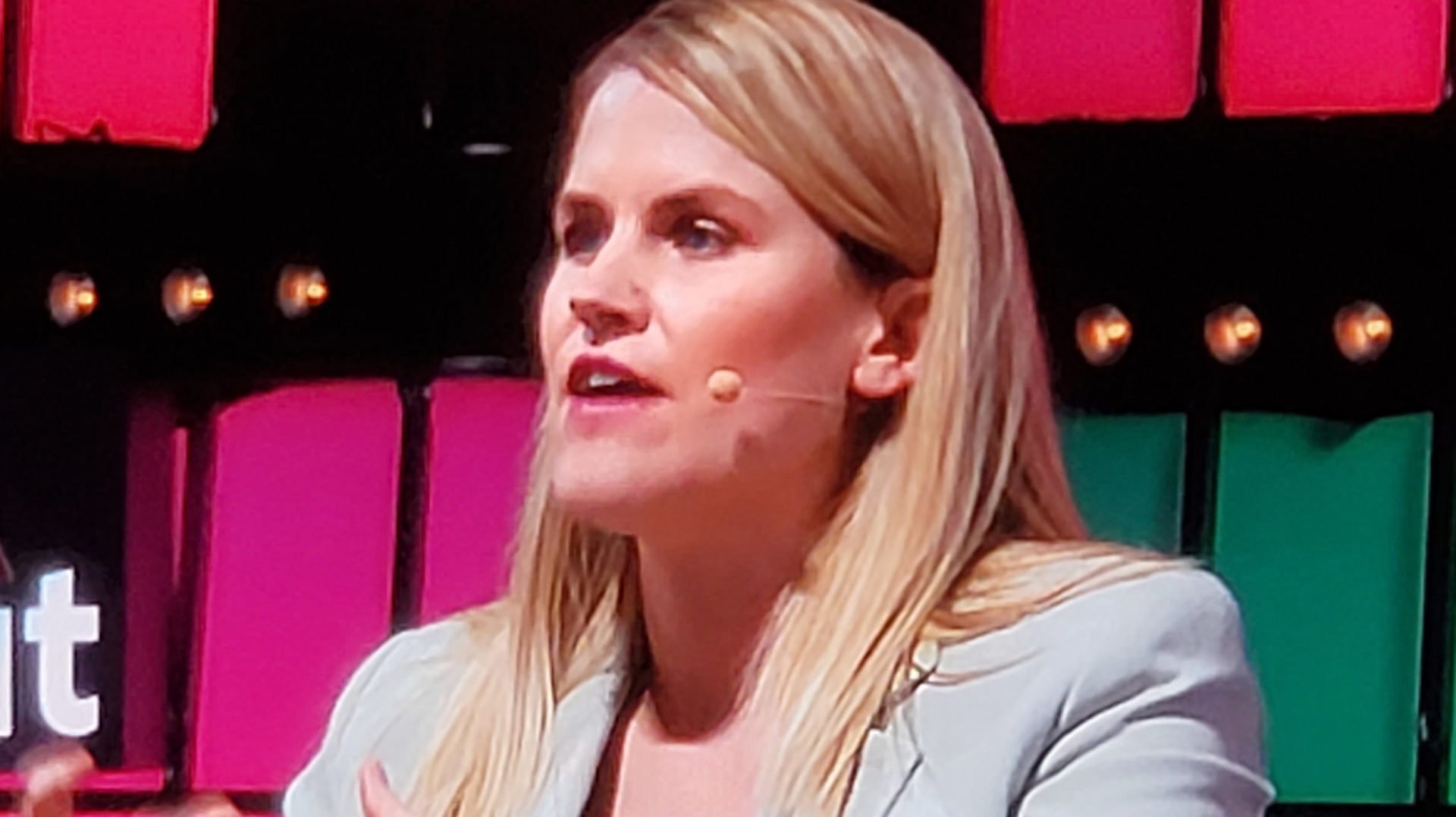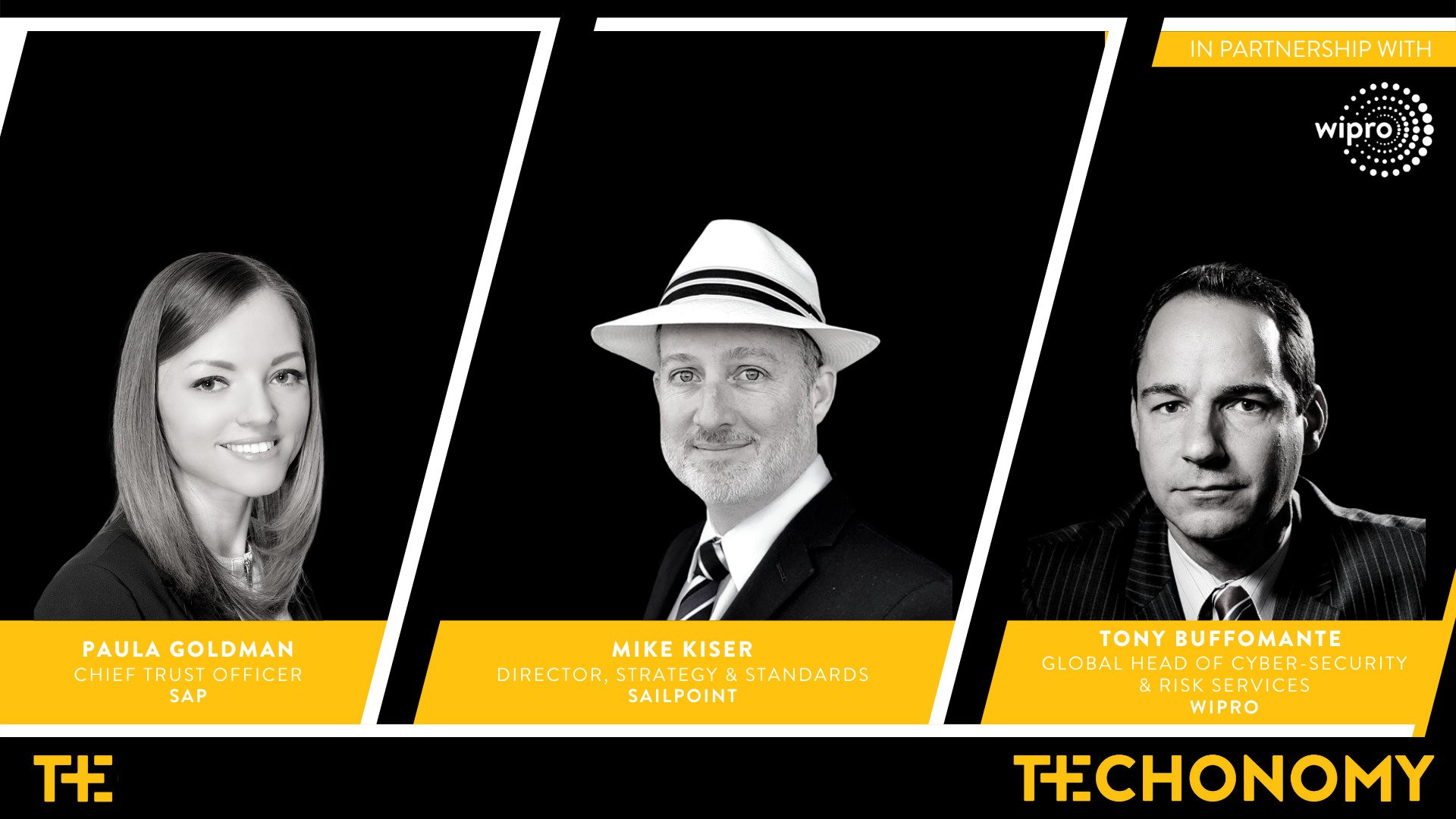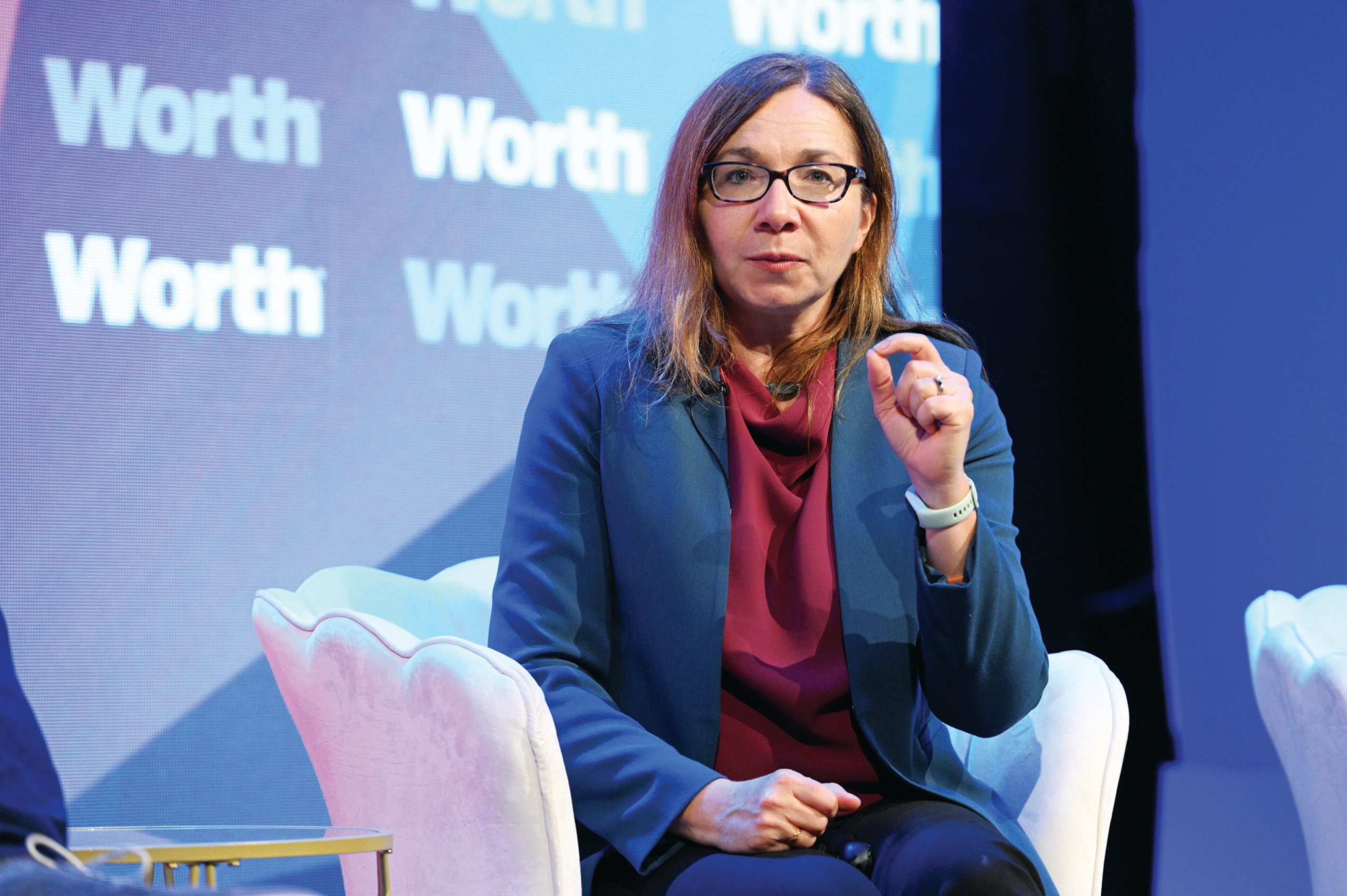How long must we wring our hands over the errors and arrogance of one powerful company? Sadly, probably a lot longer. That’s largely because, whenever it’s confronted with criticism, that company treats it as a mere image problem to be managed with public relations rather than an opportunity for introspection or engagement.
The past week has brought near-endless discussion about the revelations of Facebook whistleblower Frances Haugen, as revealed in the Wall Street Journal, on 60 Minutes, and in her testimony to Congress. (My summary of the Journal series and its import.) Yet when CEO Mark Zuckerberg and his confederates try to explain away Haugen’s criticism, their statements are routinely laden with self-justification, self-righteousness, lack of humility, and myopia.

For all the fascinating ins and outs of the documents she took, Haugen’s own eloquent statements, and her proposed policy solutions, it’s important to keep it all in context. Long before she ever came along, we knew this company had done much that’s irresponsible, over an extended period. We knew it had inadequate governance. None of Haugen’s revelations come as a surprise to anyone who has closely followed this renegade company, led by its unrestrained and reckless all-powerful leader. We’ve heard it all before. (For just one of innumerable examples, in late 2018 I wrote a piece for Techonomy called “Facing Facebook’s Failure.”)
Some might say, as Stephen Colbert did this week “Wait a minute! Did you tell me a corporation chose money over the safety of consumers? That is so disturbing!” (About 5 minutes in.) But ruefully funny though that may be, many of us, and many in governments around the world, believe this company’s sociocultural and political role is so great it has unique responsibilities.
Facebook and Zuckerberg fail to take their responsibilities seriously enough, though ironically, their reasons for doing so are themselves grounded in a sense of exceptionalism. We–its legions of critics everywhere–see a crying need for this company to rise to the occasion of its centrality in global communications and commerce with better governance and oversight. But Facebook’s leaders see that centrality itself as justifying a general disregard for what they see as trivial and minor blemishes on a near-heroic effort to connect the world. Far from thinking themselves in error or even, as some say, criminally liable for harms, they believe they do not get sufficient credit for all the good they do.

Endless controversies have enveloped this company from its inception, but the turn toward widespread condemnation of Facebook began with the election of Donald Trump. The months and years following saw a progressive series of revelations about the social network’s role in his victory.
A quick set of reminders: Cambridge Analytica got hold of illicitly-acquired personal data about tens of millions of American Facebook users. That data was used by the Trump campaign and others to target Facebook advertising to potential voters with devastating exactitude, by both location and political disposition. The data was further targeted, it appears, with help from detailed electoral-district polling data stolen by Russian hackers from the Democratic National Committee. That same data was almost certainly used by Russian agents to precisely target pro-Trump ads they themselves purchased on Facebook, with rubles in some cases. Similar illicit political machinations have happened with far less press coverage in scores of countries around the world. Finally, Facebook embedded employees in the Trump campaign to assist it in spending many tens of millions on Facebook ads. (This same kind of assistance was also given around that time to the neo-fascist Alternative for Germany (AfD) party, helping enable its rise.)
In all this are multiple errors of commission and omission by Facebook. It failed to govern its data, enabling the Cambridge Analytica hack. It failed to govern its advertising, enabling the Russian electoral interference. It acted amorally in several domains, including the design of its algorithms and in its advertising operations. For lots more damning detail about all these failures, read the recent book An Ugly Truth: Inside Facebook’s Battle for Domination, by Sheera Frenkel and Cecilia Kang.
What can easily lead an observer to despair is the near-endless series of other areas Facebook has made similar errors and oversights. The errors have emerged from its headlong and heedless search for global growth, regardless of region, language, or country.
Much has been made this week about Instagram’s pernicious effects on girls’ mental health, and it’s a serious problem. But the most damning piece of data in the Haugen documents, in my opinion, is that only 13% of Facebook’s efforts to combat misinformation and disinformation in 2020 were conducted in languages other from English, despite that 90% of users are outside the US, overwhelmingly speaking other languages. People in most countries function on Facebook with literally no guardrails. This failure of oversight has contributed, by all evidence, to the rise of dishonest autocrats in country after country, including Duterte in the Philippines, Erdogan in Turkey, Orban in Hungary, and Bolsanaro in Brazil. In all those countries, Facebook’s services serve as the primary media, and corrupt fear-mongering politicians and political parties concentrate a huge share of their communications efforts on the platform, using both paid and unpaid messages.
In the many statements and appearances by company executives this week, none addressed this shameful statistic. And with the press obsessed over teenaged girls’ reaction to Instagram, they were not asked to. In Mark Zuckerberg’s own disingenuous and misleading Facebook post, he said a “false picture” of the company had been painted by the articles and testimony. Unless he can address issues like that statistic and show it to be false, he is lying.
For all the controversies aired in recent days, another very damning report, albeit unverified, emerged about two weeks ago. Bloomberg reporter Max Chafkin says, in his new biography of Peter Thiel, that in an early 2019 meeting with Trump and Jared Kushner at the White House, Zuckerberg agreed to continue his policy of not fact-checking political speech if Trump would hold off on regulating Facebook. Zuckerberg of course denies such a deal occurred. But it would be in keeping with his self-righteous and self-centered governance of his company.
Always keep in mind that as he mouths high-minded defenses of his own behavior, Zuckerberg has through that behavior become the richest person his age in human history. He is now the sixth richest in the world, according to Bloomberg’s real-time rankings, with $123 billion, aged 37. As he moved fast and broke things, he got richer than anyone, ever. No wonder we feel disinclined to give him the benefit of the doubt. Also, in case you forgot, he absolutely and completely controls the company, in a manner also unprecedented for any organization this size in the history of business. This is the practical reason why he and other executives can so freely disregard criticism. He personally controls 58% of voting shares and cannot be overruled. When a group of directors began proposing significant steps towards governance of speech on Facebook about two years ago, he unceremoniously fired them all from the board.
The damning information could go on endlessly, and will, until Zuckerberg is forced to change. But for an eloquent analysis of the company’s ineffective image-centric crisis response this week, read this trenchant thread from political consultant Steve Schmidt, analyzing one of the only public appearances by a senior Facebook executive in the wake of Haugen’s revelations. As he calls it–“a blizzard of words and empty assertions delivered with confidence.”
David Kirkpatrick is founder of Techonomy and author of The Facebook Effect.















